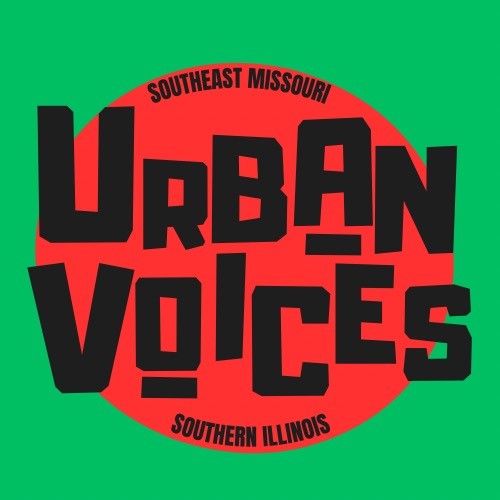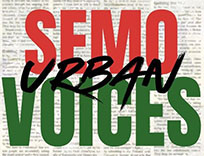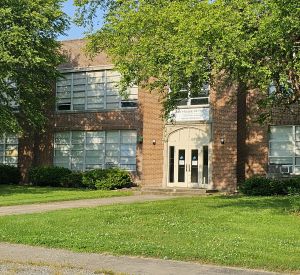On a quiet street 1000 S. Ranney Avenue in South Cape, stands the shell of a once-vibrant community institution: May Green School.
Its once-proud facade now stares blankly out at the neighborhood through broken and shuttered windows. The laughter of children, the lessons once scribbled on chalkboards, the sounds of teachers guiding young minds—all are gone. What remains is a shell: a crumbling reminder of what once was, and what still could be.
In its day, May Greene wasn’t just a school—it was a cornerstone of the South Cape community. Built in the 1920 as South Grade School and renamed to honor a beloved teacher, it stood as a beacon of learning and unity. It was the first school in the area to integrate, opening its doors to children of all races in the mid-1950s, before the civil rights era took full hold. Generations of families passed through its doors.
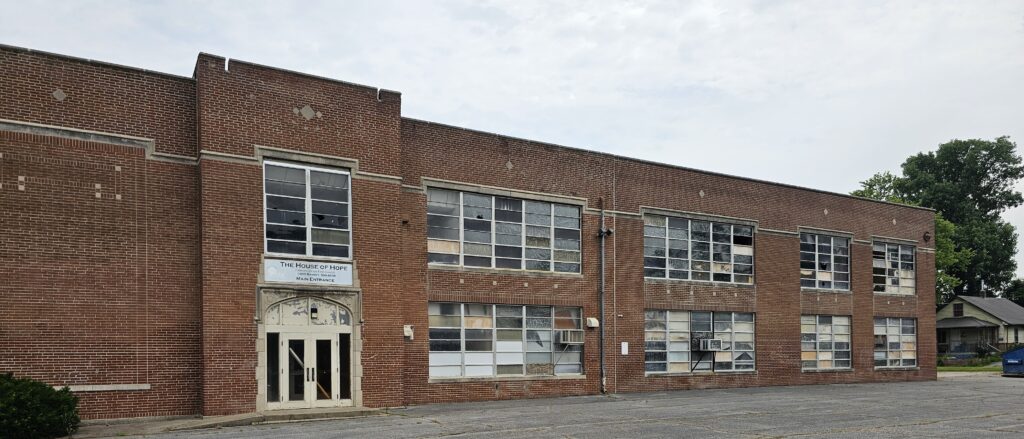
Now, as weeds crawl up its foundation and the wind whistles through shattered glass, neighbors walk past it and shake their heads. Some remember attending class there. Others remember dropping off their children. Today, they only wonder what happened.
A few years ago, there was hope. The building having been purchased by South Side Farms, a grassroots food justice initiative working to address the food desert plaguing South Cape. The plan was ambitious and full of promise: to turn the school newly renamed the South Side Farms Renovation and Resource Center into a community hub where residents could learn about gardening, attend nutrition classes, and buy fresh produce grown right in their own neighborhood.
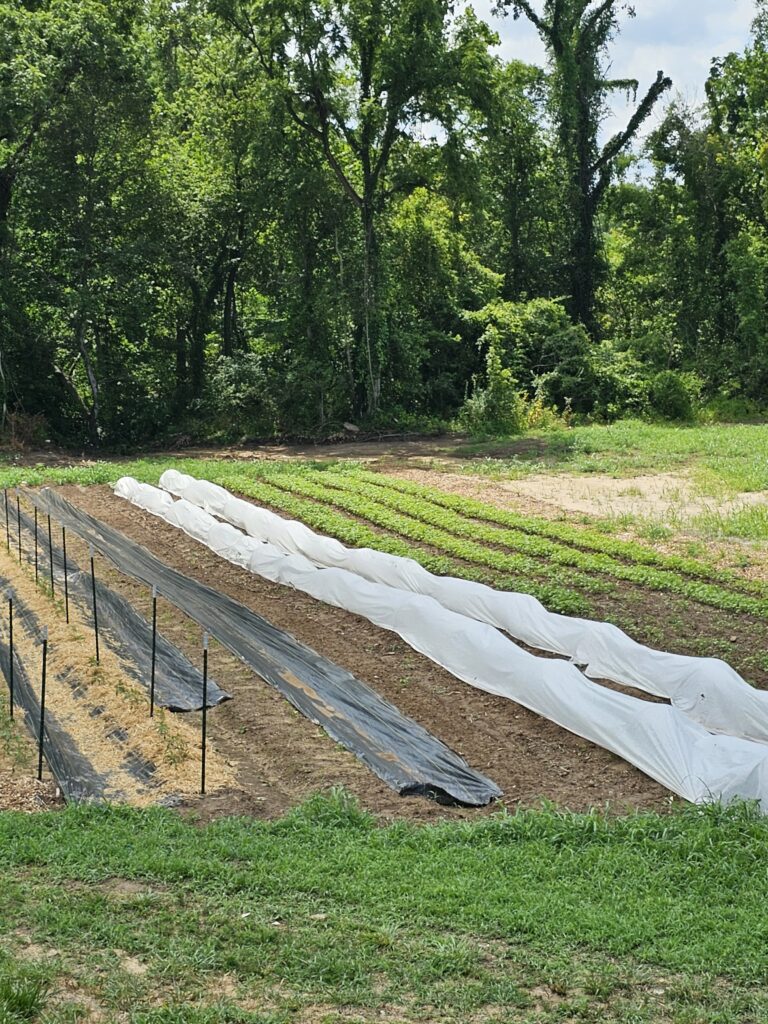
South Side Farms stated purpose: Established to bring to affordable and nutritious food source and food education to South Cape. The mission to grow and cultivate crops and people to positively impact food access economic development and employment opportunities for the long term health and well-being of our youth and families. South Side Farms is an agricultural intervention to restore lives, develop skills, and ignite hope in the most forgotten and neglected neighborhoods, rejuvenating the community pride and culture once again.
It was supposed to be the heart of a solution. A place where the farm met the future—education, empowerment, food access all under one roof.
But time has passed. The building remains boarded up. Renovations never started. Programs never launched. The “Resource Center” became just another idea for a sign that never appeared above locked doors.
For many in the community, the silence around the project has been louder than any announcement. What happened to those bold plans? Where did the energy go? Was it a lack of funding, miscommunication, burnout, bureaucracy. Whatever the reason, the result feels the same—another promise left unmet, another chapter unfinished.
It’s especially painful now that the doors of the Save A Lot grocery store at Sprigg and William St. closed quietly in late May. No farewell signs. No public announcement. Just another loss in a neighborhood that’s lost too much.
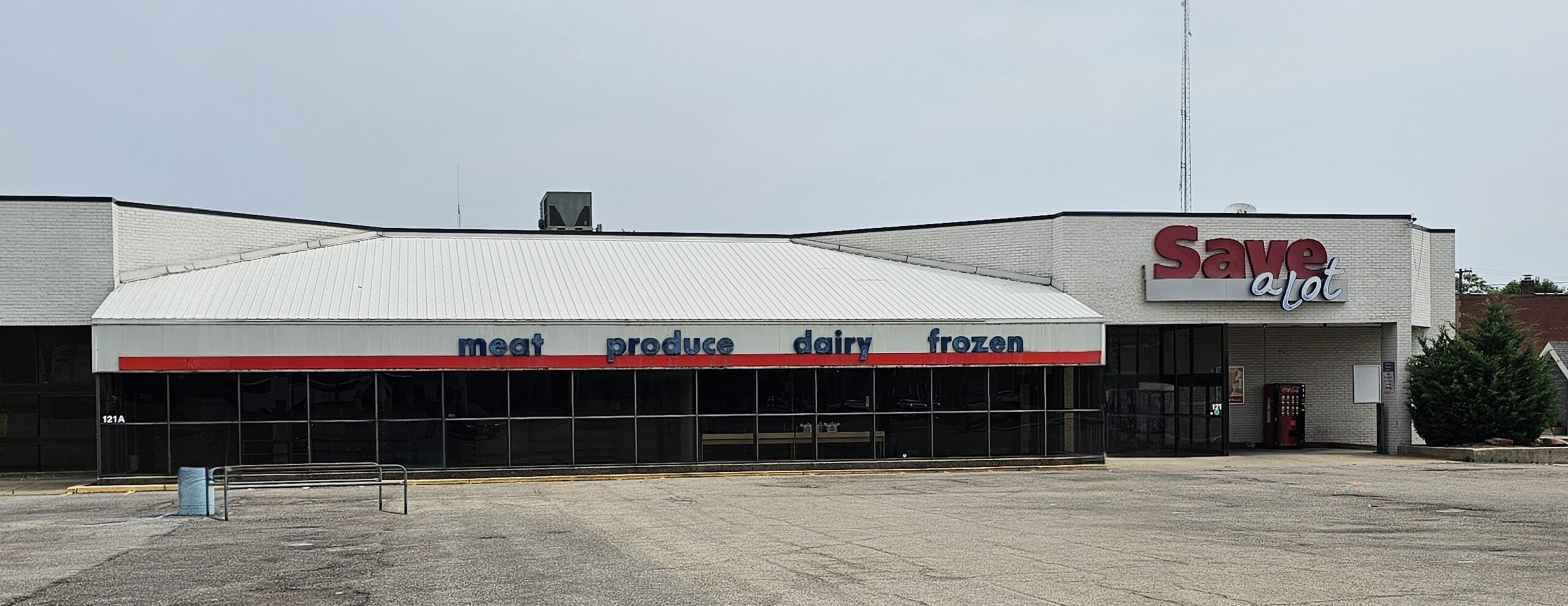
The last grocery store serving South Cape and with its closure the food the desert has grown. South Cape has long been labeled as a “Federal Food Desert.” A food desert is an Urban area that lacks access to nutritious and healthy food options.
There are now no full-service grocery stores south of Broadway and east of West End Boulevard. “This was our neighborhood store,” says, a longtime resident. “It’s where our kids walked, where our elders shopped. It kept us fed.”
Its loss has left South Cape residents, many of them seniors or families without transportation, struggling even more to find healthy, fresh food. The need that South Side Farms set out to address has now only grown deeper.
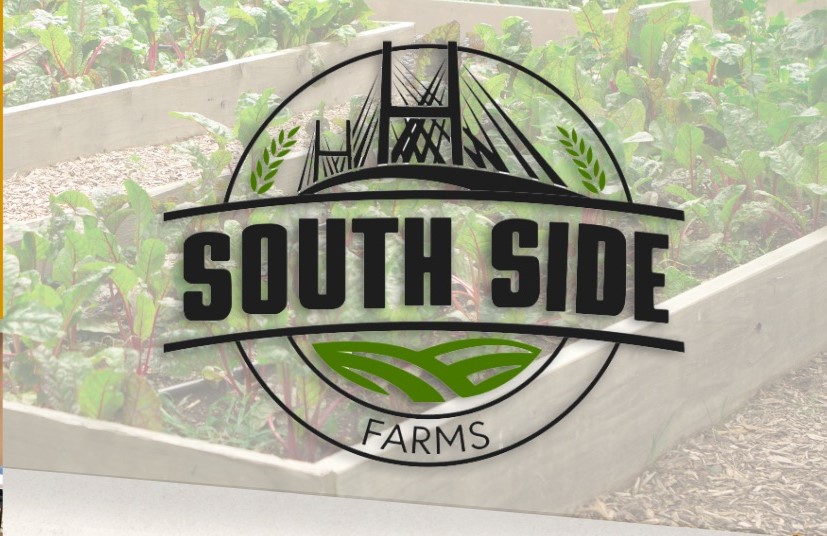
South Side Farms Is Still Growing.
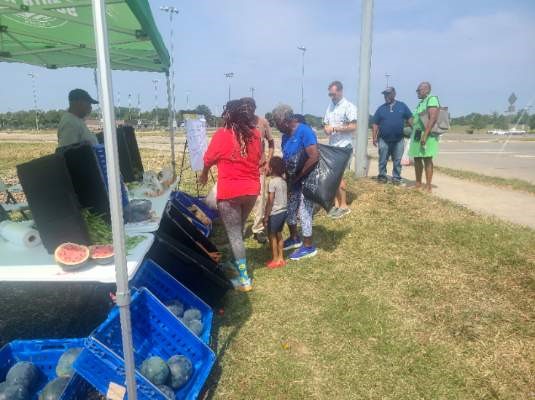
But not all is lost.
Every Wednesday from 11 AM to 2 PM, the organization runs a farm stand at the corner of West End Blvd. and Walnut Street, across from Shawnee Park Center. Fresh, affordable produce—grown locally—is available to all.
South Side Farms still has May Green. What happens next. Will the bold idea to restore the school, to transform it into the South Side Farms Renovation and Resource Center, a community-owned grocery, education hub, and farmers market bear fruit?
The land is still there. The building, while weary, still stands. And the vision—the idea that South Cape deserves access to fresh food, health education, and a place to gather—is still alive in the hearts of many.
Perhaps what’s needed now is not just funding, but a rekindling of belief. A return to community meetings. A coalition of support—city leaders, nonprofits, universities, residents—all pulling in the same direction.
May Greene School doesn’t have to remain a monument to neglect. It could be a symbol of rebirth. But it will take more than memory. It will take action, collaboration—and time.
As the sun sets behind the school, golden light catching on broken glass, the building seems to whisper a challenge: Don’t forget me. I’m still here. Let’s begin again.
